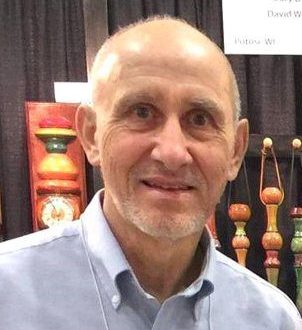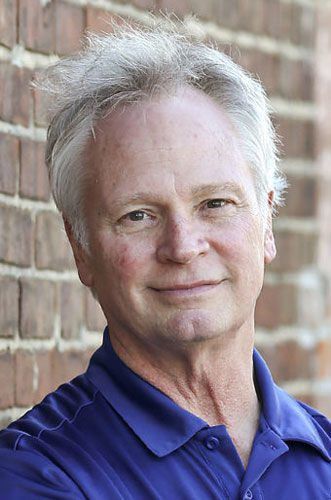CUBA CITY, Wis. — A developer spearheading a regional housing project in southwest Wisconsin is exploring other funding avenues after it could not secure land commitments from participating communities in time to apply for state tax credits.
However, continued demand for rural housing has led staff at Dimension Development to consider selling units to homebuyers rather than renting.
“With these communities, the No. 1 thing everyone has asked for is homes for ownership,” said Development Director Jocelyn Borchardt.
The regional housing project involves the construction of pocket neighborhoods in multiple southwest Wisconsin communities, in which 1,150-square-foot units surround a common green space.
At least 20 units must be constructed for the project to be feasible, and an initial cost estimate priced the project at more than $14 million.
Participating municipalities must provide the land and site infrastructure, including sewer, water and electric access, at no cost.
Dimension, a Madison-based affordable housing consultant, partnered with Southwestern Wisconsin Community Action Program in pursuit of the venture.
As rental units, the developer sought to obtain funding from the Wisconsin Housing and Economic Development Authority, but the state does not award tax credits to projects that offer units for sale.
Instead of recruiting investors who would purchase tax credits, construction would be financed through a private bank loan. Units could be marketed and sold in advance of construction.
“We can recruit buyers and link them up with homebuyer programs,” Borchardt said.
The switch to ownership instead of rental is the second major change Dimension has proposed after first pitching the project to communities. Initially, the developer sought to construct at least 20 single-family homes, but later tweaked the design to duplexes.
“It’s always about cost and land availability,” Borchardt said. “In order to fit enough units to make the project feasible, we had to go the duplex route.”
Cuba City was one of the first communities to back the initiative, but the alteration would have doubled the residential density on a 1.5-acre-parcel the city earmarked for the development — a change city officials opposed.
“This became much more focused on the workforce housing, but our original concept was homes for people to downsize into,” said Cuba City Economic Development Director Bob Jones. “This was a big change that none of us were prepared for.”
City officials have not received word from Dimension about additional options and said obtaining council support is unlikely.
But other communities, including Brodhead, Monroe, Monticello and Potosi, have expressed continued interest.
Potosi Village Trustee Gary David said both rental units and single-family homes are needed in the community. The local housing authority is investigating properties for potential purchase.
In 2021, Dimension also has another opportunity to obtain state tax credits, which might affect the project’s financial model.
“The sticking point is, do we have communities that can commit land — and getting the financing,” Borchardt said.




